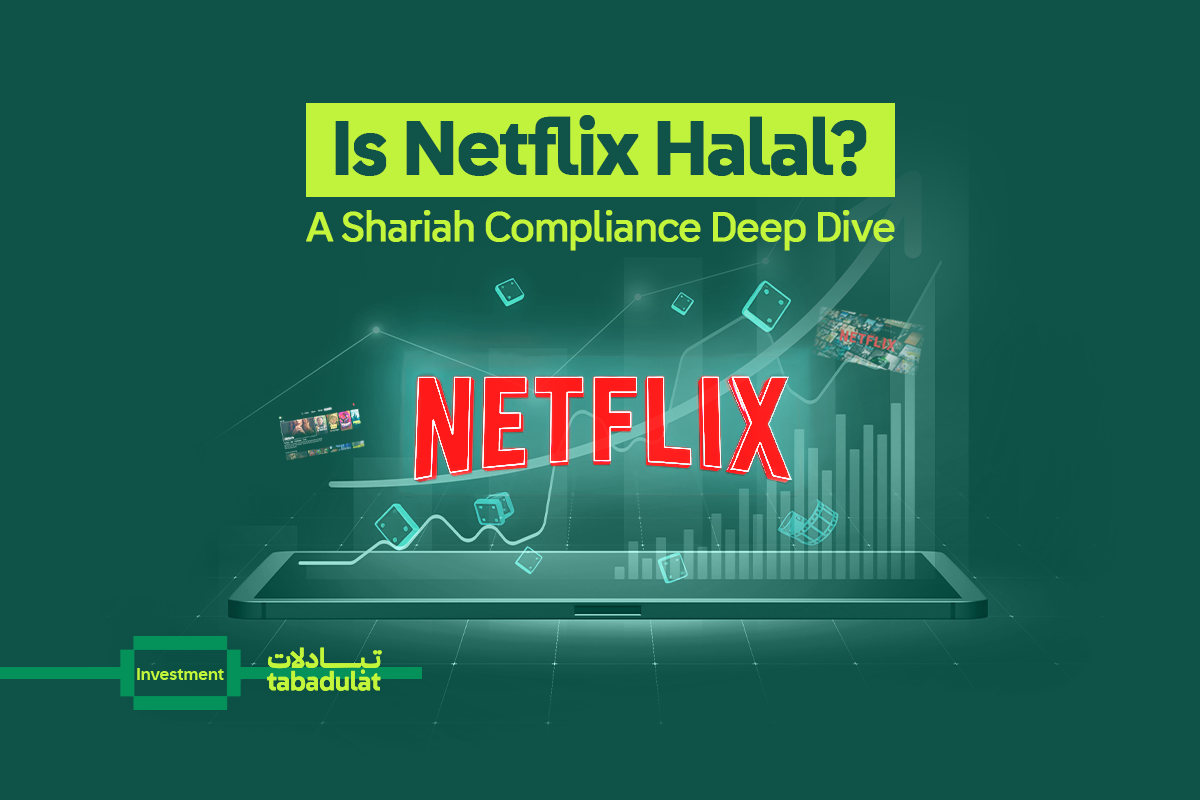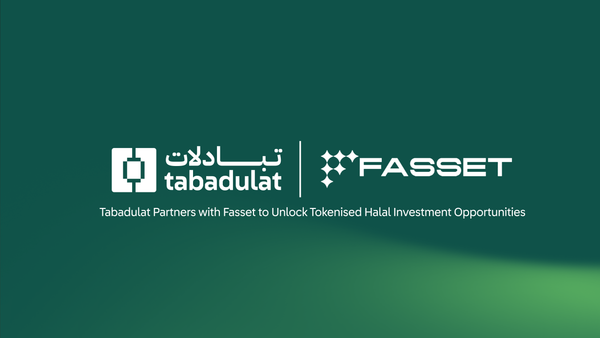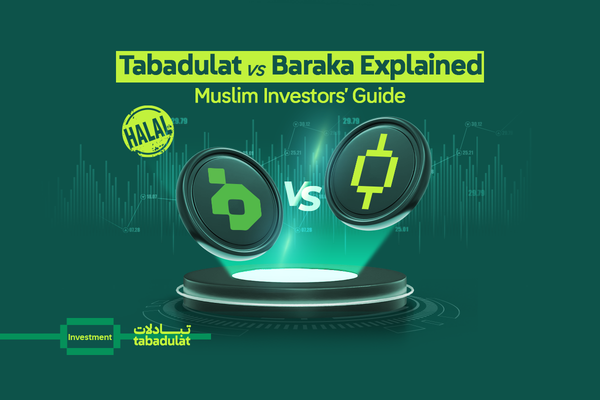Is Netflix Halal? A Shariah Compliance Deep Dive
Is Netflix stock halal? This analysis reviews Netflix’s $516B valuation, business model, debt, and non-permissible income under AAOIFI standards. Learn why many scholars flag it as non-compliant and how Muslim investors can diversify with Shariah-compliant ETFs and sukuk.

Netflix stands as a dominant force in the global entertainment industry, recognized as a pioneer and leader in the streaming space. As of August 2025, Netflix boasts a market capitalization of approximately $516 billion, making it one of the world's 19th most valuable publicly traded companies by market value.
For Muslim investors, however, another equally important layer of scrutiny emerges: does Netflix pass the test for Shariah compliance, and is including it in your Islamic portfolio truly compatible with righteous, ethical investing? This in-depth analysis breaks down Netflix’s global business model, dissects its recent financial surge, and rigorously applies Shariah screening principles, debt ratios, non-permissible income exposure, and sector activity while considering the Islamic finance imperative of avoiding excessive gharar (speculation or uncertainty).
Today, investing has higher stakes than ever. While Netflix is seeing record-breaking success, many conscientious Muslim investors are looking for halal investing opportunities that offer both great returns and adhere to their faith. With new Shariah-compliant ETF launches and a growing interest in riba-free, interest-free options, it's more important than ever to understand if a company like Netflix fits within the world of profit sharing and religiously permissible investment.
This article provides a detailed guide for the thoughtful Muslim investor. We'll explore whether Netflix is a prime example of Islamic-compliant innovation or if it's a risky, speculative investment that even a Shariah board would question. Let's examine all sides of the issue.
Netflix’s Global Play for Growth and Profit
Netflix has over 300 million paid memberships globally and reported strong financial performance for 2025. In its second-quarter earnings report released in July 2025, Netflix surpassed analyst expectations with an earnings per share (EPS) of $7.19, beating the forecast of $7.07. The revenue for the quarter reached $11.08 billion, showing a 15.9% year-over-year growth and exceeding the expected $11.04 billion.
For the full year 2025, Netflix has raised its revenue guidance to between $44.8 billion and $45.2 billion, up from prior estimates of $43.5 billion to $44.5 billion. This upward revision is attributed to sustained business momentum driven by strong membership growth, advertising sales, and a favorable impact from the depreciation of the US dollar against most other currencies.
The company maintains strong operational efficiency with excellent financial health and a solid return on equity of 41%. It is actively expanding its global content offerings and strengthening its advertising platform, which the company highlights as a key long-term growth driver. The ad-supported tier, introduced in 2022, is gaining traction, currently boasting 94 million monthly active users early in 2025, nearly doubling its ad revenue forecast to reach around $3 billion by the end of the year. Looking ahead, Netflix plans to continue diversifying its content lineup with a focus on new series, films, and live sports programming.
Shariah Compliance Review: Does Netflix Pass the Halal Investing Test?
For any stock, including big tech giants, authentic Shariah compliance hinges on passing rigorous screening criteria designed by leading Shariah boards and financial scholars, Islamic Finance News. These Islamic finance screens focus on: 1) business sector exclusion, 2) financial ratio thresholds, and 3) revenue from non-permissible activities.
1. Sector Screening (Business Activities): Netflix’s primary activity, entertainment streaming, does not inherently violate Shariah principles, provided it avoids impermissible content. However, not all programs meet religious compliance norms, so Muslim investors must consider potential exposure to ‘non-halal’ media despite the company’s overall business being technology and digital service (rather than gambling, alcohol, or conventional banking).
2. Financial Ratios: The most widely accepted Shariah screening benchmarks, such as those applied by reputable halal ETFs and Shariah-compliant ETF providers, require a company’s total interest-bearing debt and interest-earning investments relative to its market capitalization to remain below 30%.
3. Non-Permissible Income: Shariah boards also require that non-permissible income, including interest income (riba), advertising from haram sources, and other incidental revenue, comprise less than 5% of total revenue.
So, is Netflix shariah-compliant? Netflix is generally not considered Shariah-compliant by many financial analysts and Islamic scholars due to its failure to meet the strict AAOIFI (Accounting and Auditing Organization for Islamic Financial Institutions) standards. A major point of concern is the company's business model, which involves generating revenue from content that includes impermissible elements. Specifically, Netflix often fails the Non-permissible Income filter, as a significant portion of its total revenue is derived from sources that do not align with Islamic principles.
Tech Investment and Islamic Portfolio Diversification
A rising number of halal ETFs and Shariah-compliant ETF products are emerging in the market. These funds are designed to help diversify tech investments for Islamic portfolios, all while being riba-free and interest-free. For investors who practice profit sharing through Islamic banking principles, these vehicles provide easy access to the tech sector under the regular oversight of a Shariah board. However, most halal ETFs retain the right to drop a stock if its business model shifts or it fails to meet their strict religious compliance standards.
This trend highlights the growing sophistication of halal investing within the tech sector. It shows that savvy Muslim investors have more tools than ever before to build a rigorously Shariah-compliant and Islamic portfolio while navigating the volatility of the global tech market.
Despite positive financial momentum, the most significant red flag for Muslim investors today may be the extraordinary overvaluation of certain shares. Such speculation raises questions of excessive gharar, a core Shariah compliance principle that prohibits investment where the outcome is dangerously uncertain or speculative. Islamic scholars warn that pursuing heavily overvalued halal stocks may undermine the spirit of riba-free, ethical investing by exposing one’s Islamic portfolio to unacceptable risk or instability. While Wall Street analyst consensus may remain bullish on such stocks, the surging premium suggests investors should proceed with particular caution.
Furthermore, regulatory risks, content cost escalation, and ongoing currency fluctuations can round out the risk profile. For Muslim investors putting faith above speculation, it is vital to weigh both Shariah compliance checks and prudent valuation discipline before adding any stock to a halal ETF, Shariah-compliant ETF, or direct Islamic banking investment vehicle.
Ready to start building a truly Shariah-compliant portfolio? Use trusted platforms like Tabadulat, Zoya, and Sarwa. Take control of your investments and ensure they align with your principles.
Conclusion: Should Netflix Be In Your Halal Portfolio?
While Netflix's business model may seem to pass some initial Shariah screening tests, a deeper look reveals it does not fully align with the goals of Islamic finance. The company's business activities and extraordinary valuation introduce a level of uncertainty, especially since it failed to meet the AAOIFI non-permissible income criteria, which may not sit comfortably within ethical investing, especially for those who prioritize strict Shariah board advice.
The decision to invest in a stock like this comes down to a choice between potential profit sharing and true religious compliance. As the halal investing landscape evolves, Muslim investors must prioritize interest-free principles and use tools from trusted platforms like Tabadulat to make informed, faith-based decisions.
FAQs
Will Netflix stock split?
Netflix has not officially announced a stock split, but it is likely in 2025 due to its high stock price and investor accessibility, although no formal date is confirmed yet.
Are Netflix games free?
Netflix games are free to play for Netflix subscribers, with no extra fees, ads, or in-app purchases. You just need a Netflix subscription to access them.
How does Netflix make money?
Netflix makes money primarily through subscription fees from its streaming service. It also generates increasing revenue from advertising and has rising income from higher subscription prices and member growth
Why is Netflix stock down?
Netflix stock is down mainly because investors are concerned about weaker profit margins in the second half of 2025 due to higher content and marketing costs.
How does Netflix deliver content?
Netflix delivers content using its global CDN called Open Connect, which caches videos close to users for fast streaming, combined with cloud services and adaptive bitrate technology.




